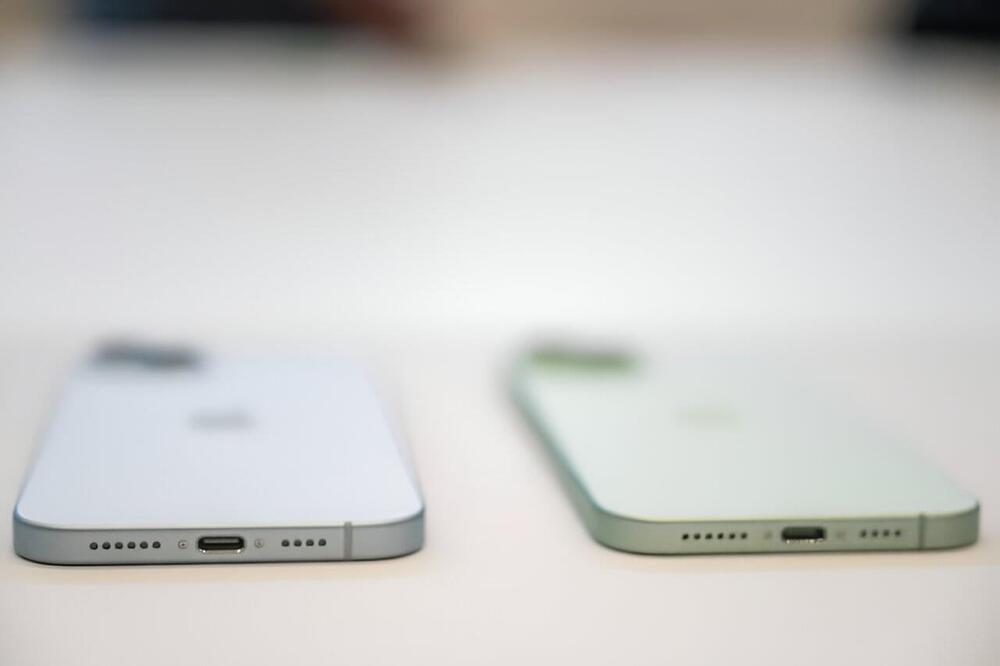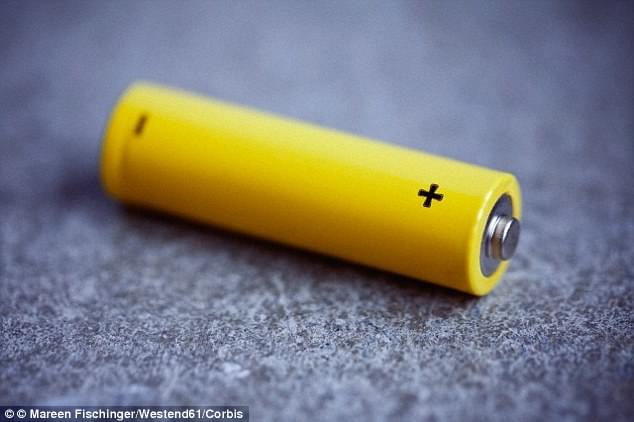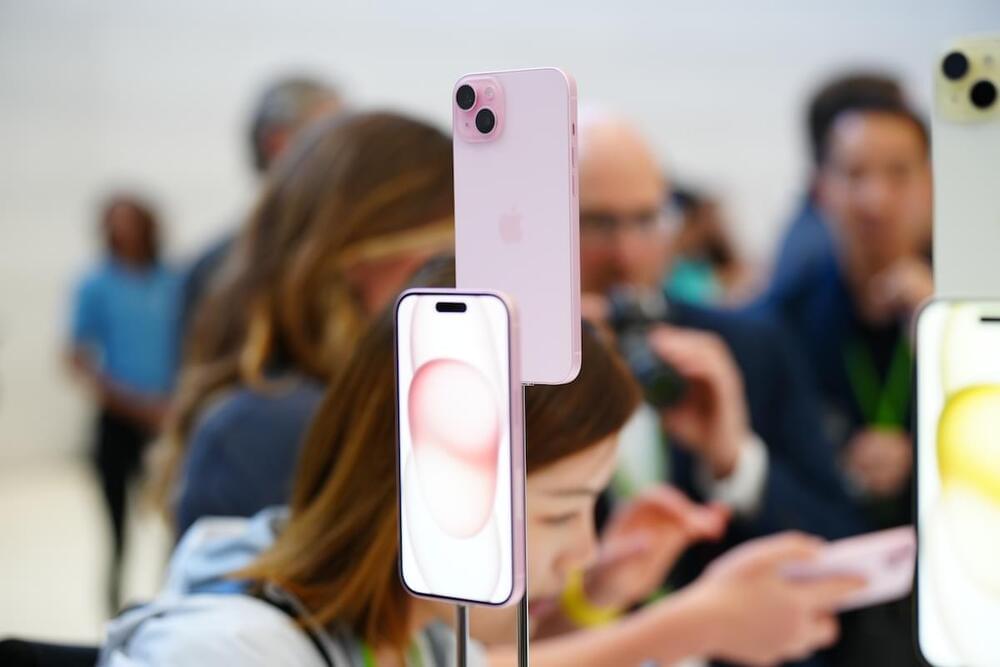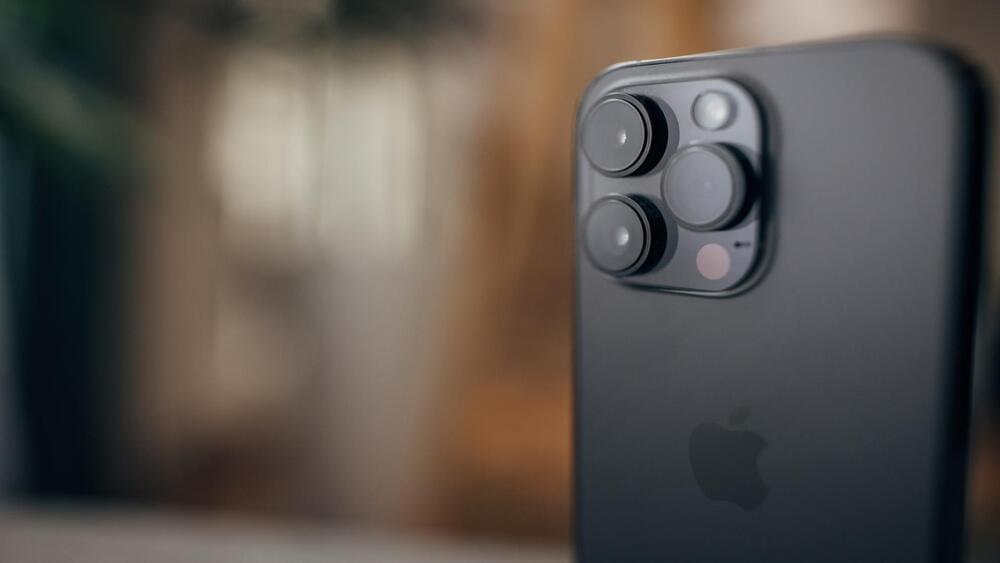Sep 17, 2023
Ruto sells M-Pesa revolution as Adan Mohamed introduced as cabinet secretary in US meeting
Posted by Omuterema Akhahenda in categories: business, mobile phones
Kenya’s mobile pay platform was probably the first established in 2007. In 4 years it will be two decades. I had PayPal with my old phone line. Now the President of Kenya, there with Tim Cook has said Apple play also will be integrated with MPESA, Kenya’s mobile money platform. Kenyans also were paid about $2 an hour to make ChatGPT safer. Kenya has alot to offer, except leadership. 🙄 President Ruto spoke at the US-Affica Business Roundtable yesterday.
By Daniel Ogetta.
Reporter.


















